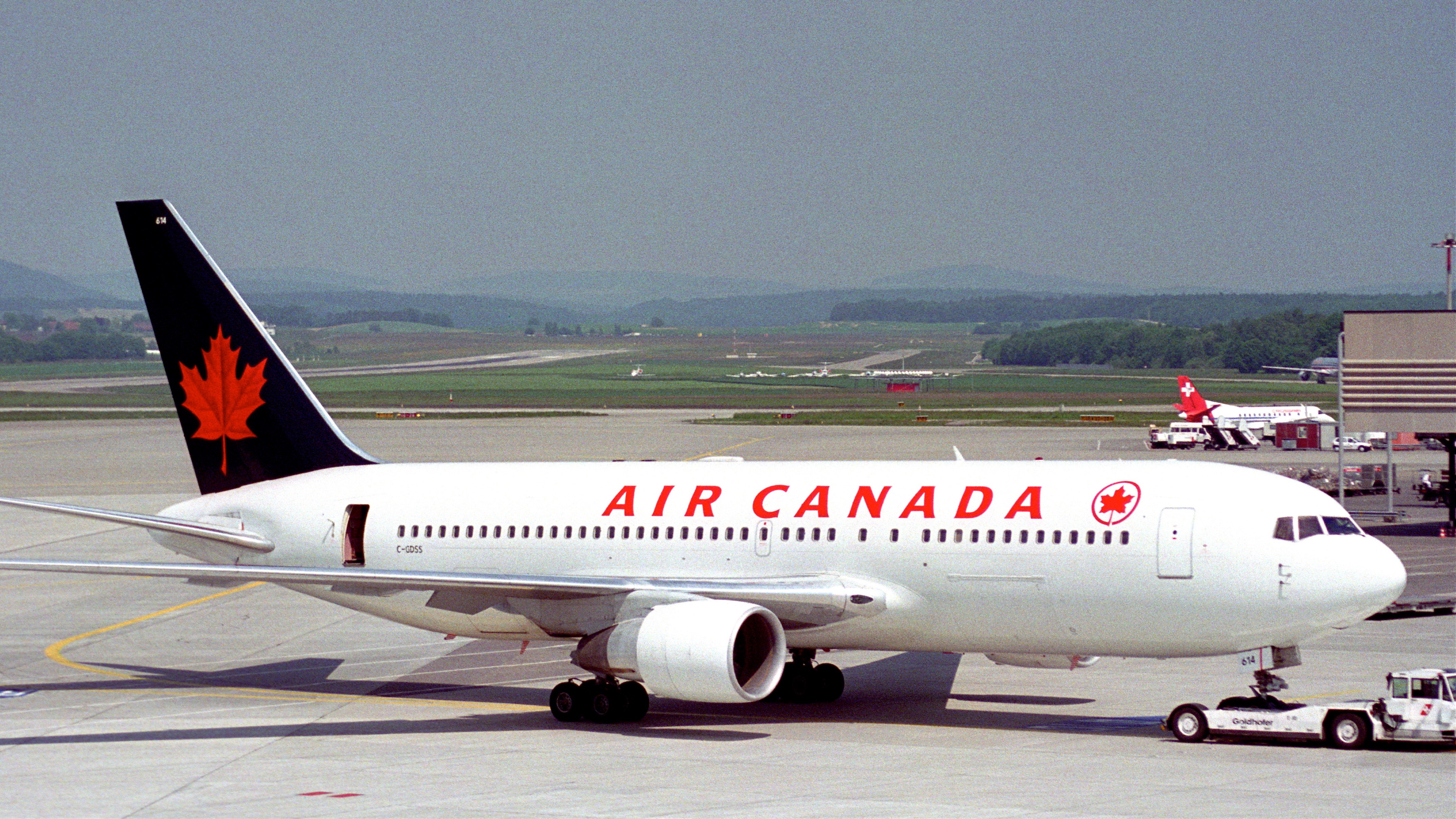Air Canada (TSX:AC)(TSX:AC.B) was one of the best performers on the Toronto Stock Exchange last year, as it delivered returns that investors generally expect from high-flying technology companies.
But the growth environment for Canada’s largest carrier looks different this year amid rising fuel costs and the stiff competition in the low-cost segment. Is this a signal that Air Canada stock has seen its peak? Is it time to bail out? Let’s have a deeper look.
Rising fuel costs
As oil prices surged in the international market, Air Canada’s fuel cost jumped 16% per litre from $0.632 last year to $0.733 this year.
Fuel costs have begun to rise at a time when Air Canada has embarked on one of the biggest expansions of its history by adding more routes and buying new planes. That expansion may reduce growth in its key performance metrics — revenue per available seat mile — because the airline needs to hire more employees.
Air Canada reported a net loss of $170 million in the three-month period ending March 31, typically its weakest quarter, compared to a loss of $13 million during the same time last year. Earnings before interest, taxes, depreciation, amortization, impairment, and aircraft rent (EBITDAR) were $397 million, well ahead of analysts’ consensus.
There is no doubt that rising fuel cost and a weakening Canadian dollar will keep Air Canada margins under pressure in the short run, but that doesn’t mean that the remarkable run this top growth stock has had over the past few years is over.
If you look beyond these cyclical factors, then there is enough momentum in travel demand on Air Canada’s key routes. Despite a weaker net profit number, Air Canada’s passenger revenues climbed in the first quarter by 11.8% to $3.5 billion this year. This was fueled by traffic growth of 11.4% and yield improvement of 0.4%. The airline also reported its load factor at a record 82.2% in the first quarter.
“The demand environment remains strong and our advance bookings are in line with expectations,” the chief executive, Calin Rovinescu, told analysts in a conference call last month. “With the launch of new products and fare offerings and the progress we continue to make on cost reductions and the other levers at our disposal, Air Canada is well positioned to compete effectively and to adapt the changes in the environment.”
The bottom line
After climbing 87% last year, Air Canada stock is down 12% to $22.74 at the time of writing. Despite this pullback, the majority of analysts remain bullish on Air Canada’s growth story. They see a 47% in AC stock price over the next 12 months if you look at their average price estimate.
With the trailing price-to-earnings multiple of just three, I find Air Canada stock a great bargain. If you have some cash on the side and you’re comfortable with the risks of this cyclical industry, then this dip offers a good entry point.









